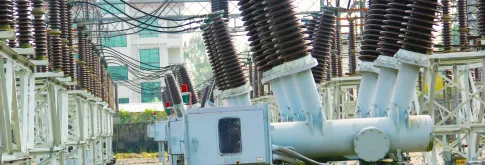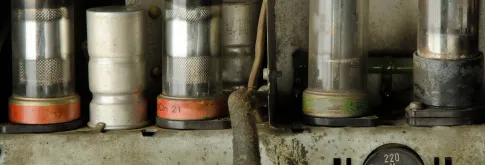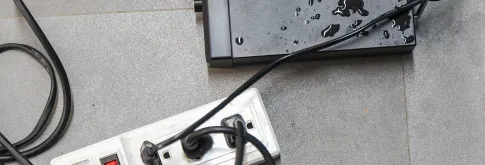Transformers are among the most reliable and robust elements in the electric utility system. A transformer is basically two sets of wires (the windings) wrapped around a steel or iron core (see schematic in Figure 1). The windings and the core are immersed in oil and enclosed in a steel tank...
Circuit Breakers. Most everyone has heard the term. Any residence built after 1960 has them, power plants have them, commercial buildings have them. But what are they, how do they work, and why do we need them? Wikipedia defines a circuit breaker as "an automatically operated electrical switch...
Here’s a challenge for you. What is the definition of time? I’ll give you time to look it up. I recommend using Meriam Webster’s definition. If I were to cut and paste the definition into this blog, it would exceed my word limit. It’s amazing to think that such a small word can have so many...
The words electrocution and electric shock strike fear in many. However, many people use these two words interchangeably, when in fact they are not the same. An electric shock is when you somehow touch an energized circuit and, as many electricians say, you get "bit". An electric shock can rattle...
When working on scope of damage/value of loss files, I am frequently asked how long should electrical equipment last? In this case, I was tasked with a fire origin and cause in a lumber yard. Upon first look, it was obvious that this was not actually a fire - it was something else...
Many times electrical engineers are confronted with trying to classify damages to electrical and electronic equipment as the result of a lightning strike. More specifically, was the damage the result of a surge or a direct lightning strike? The answer is “maybe neither.” The chances are the damage...
It has been common in the past to assume that water and electrical equipment do not mix. However, just because a piece of electrical equipment, such as an electrical panel or a computer, gets wet doesn't mean that it needs to be replaced.










